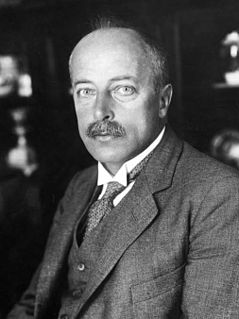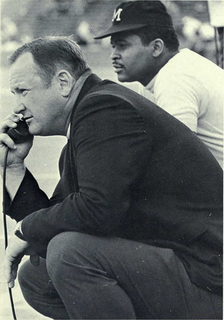A Quote by Shahid Khan
I learned analytics. It's a point of reference, of information. It has to be a factor in decision making.
Quote Topics
Related Quotes
You look to Google, you see this incredible world of information, you see the advertising, but you also get Google Analytics. And Google Analytics coupled with Salesforce's sales and service and marketing means that both of our customers are going to have customer insights that they've never had before. That is really exciting.
I've learned that you can tell a lot about a person by the way he/she handles these three things: a rainy day, lost luggage and tangled Christmas tree lights. I've learned that making a 'living' is not the same thing as 'making a life'. I've learned that whenever I decide something with an open heart, I usually make the right decision. I've learned that you shouldn't go through life with a catcher's mitt on both hands; you need to be able to throw some things back.
while the executive should give every possible value to the information of the specialist, no executive should abdicate thinking on any subject because of the expert. The expert's information or opinion should not be allowed automatically to become a decision. On the other hand, full recognition should be given to the part the expert plays in decision making.
The constant drive for campaign dollars has distorted decision-making in Washington, DC, to the point where our systems can no longer effectively address complex, long-term problems like the climate crisis. Which brings me to my other major concern - the short-term focus of capitalism. It distorts the allocation of resources and the decision-making processes of companies.
Studies of decision-making in the monkey, where activity of single neurons in parietal cortex is recorded, you can see a lot about the time-accuracy trade-off in the monkey's decision, and you can see from the neuron's activity at what point in his accumulation of evidence he makes his decision to make a particular movement.
Generally you should act somewhere between P40 and P70, as I call it. Sometime after you have obtained 40 percent of all the information you are liable to get, start thinking in terms of making a decision. When you have about 70 percent of all the information, you probably ought to decide, because you may lose an opportunity in losing time.



































